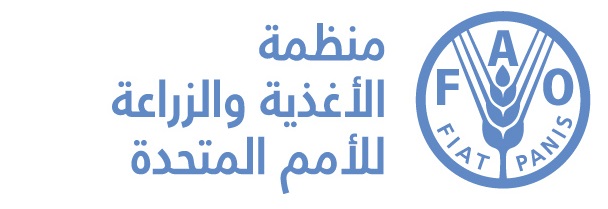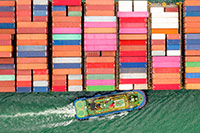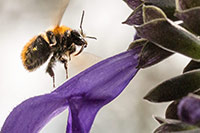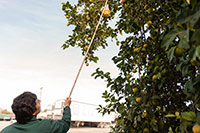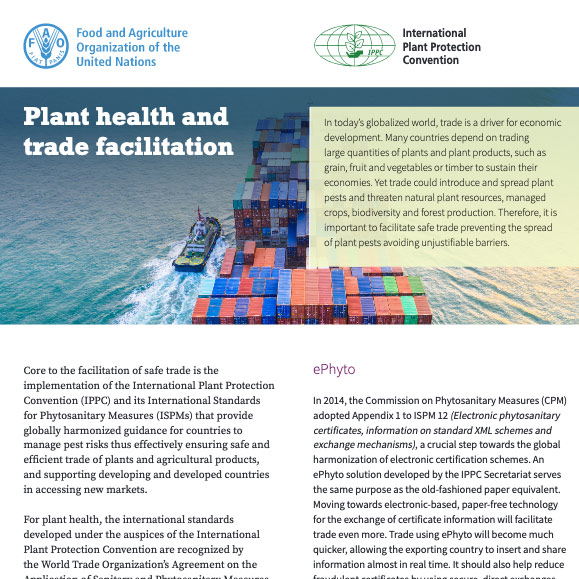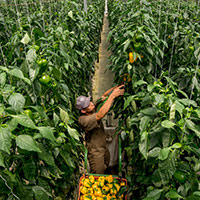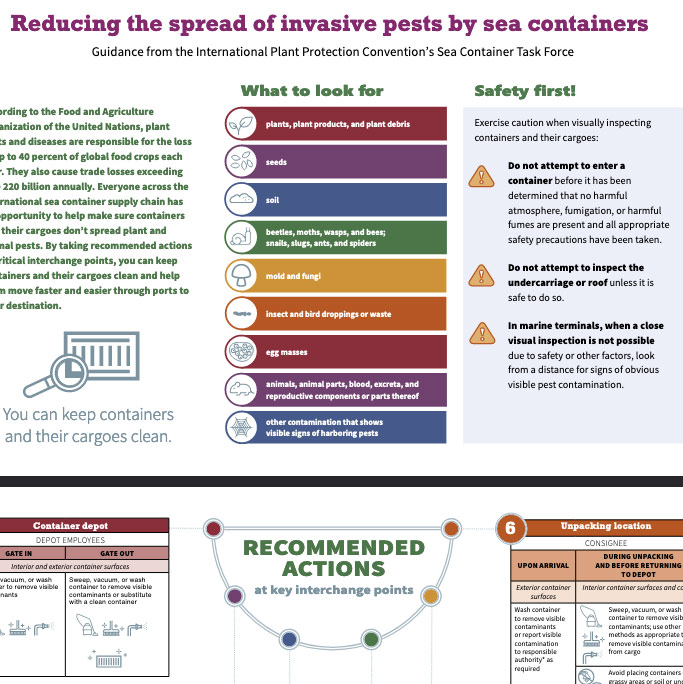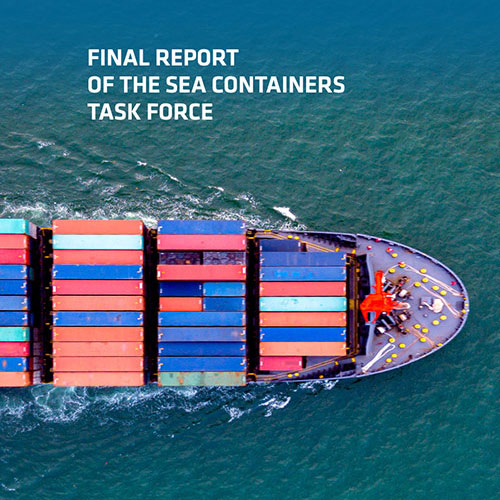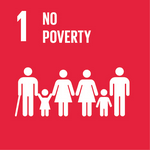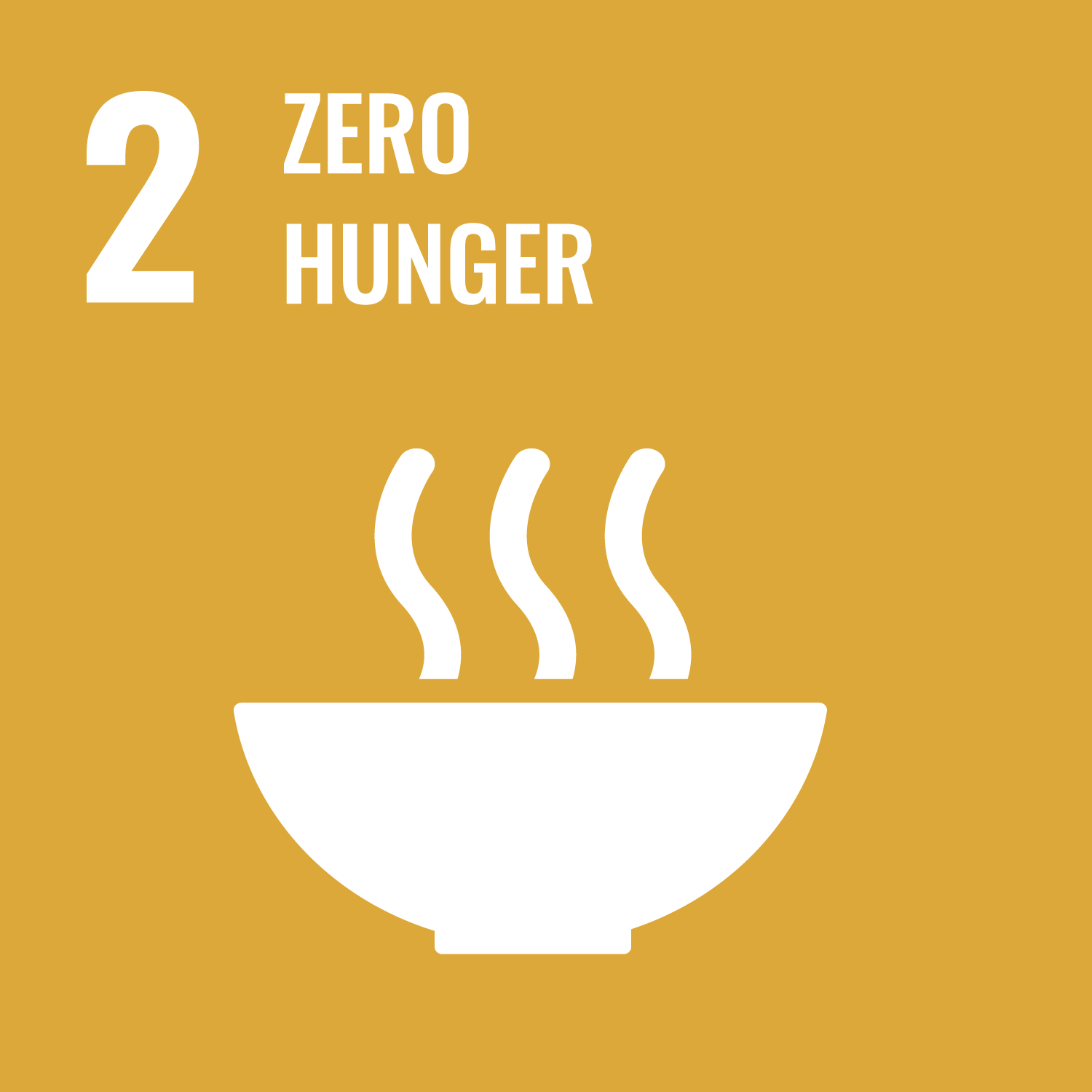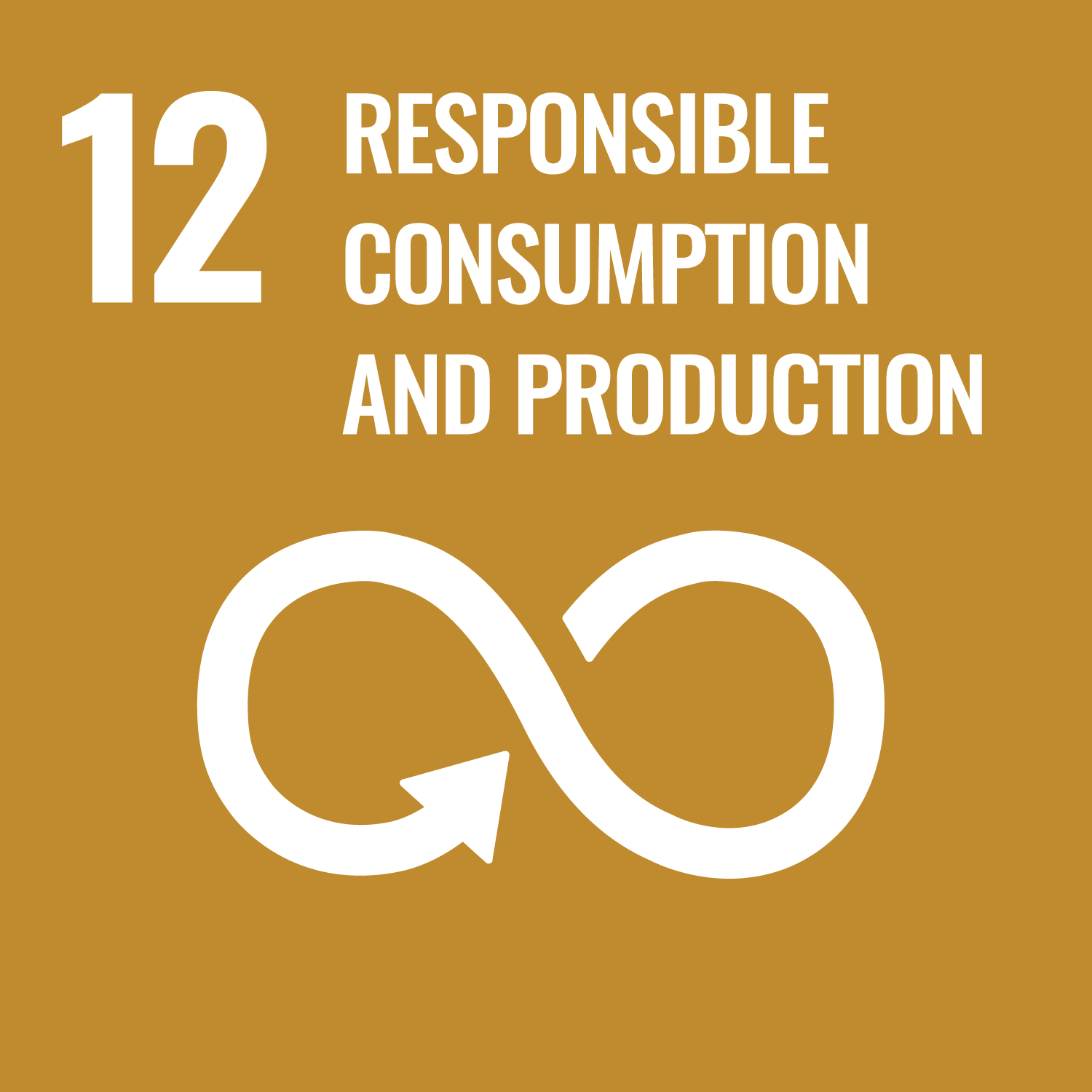Plant Health & Safe Trade
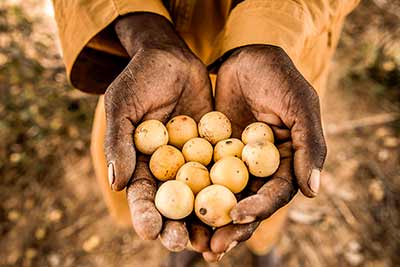
Key Facts
- Plant pests and diseases cause economic losses of about USD 220 billion annually.
- More than 240 million containers are shipped between countries, carrying different kinds of goods, including plant products. Containers can carry pests in form of seeds, snails, slugs, soil, spiders and other biosecurity risks on their interior or exterior.
- About 80 percent of all consignments moving in international trade include some form of wood packaging material (WPM). WPM made from raw wood is a pathway for pest spread.
International trade is the spine of many national economies; creating jobs, making food available, and strengthening global cooperation; but also facilitating faster and easier introduction and spread of pests.
Therefore, as the only international convention for plant health, the IPPC adopts International Standards for Phytosanitary Measures (ISPMs), which play an essential role in harmonizing how countries manage the international trade of plants and promoting global cooperation on trade facilitation.
Through its electronic phytosanitary certification (ePhyto) Solution, the IPPC enables exporting countries to present to importing countries information on the phytosanitary worthiness of their commodities, almost in real time. The ePhyto Solution makes international trade of plants and plant products quicker, more secure and direct by eliminating complications of using paper-based certificates, such as processing delays and use of fraudulent certificates.
The IPPC also facilitates safe global trade through harmonized standards like ISPM 15 on Regulation of wood packaging material in international trade. ISPM 15 provides internationally agreed phytosanitary treatments that are applied to wood packaging material, which is then marked with an IPPC symbol to certify to importing countries that the wood has been treated appropriately, minimizing the likelihood of pest introduction.
The IPPC is also promoting collaboration with actors in the international sea container supply chain to reduce the pest risk from movement of sea containers, a credible pathway for pests. A recommendation of the Commission on Phytosanitary Measures (CPM) on sea containers encourages countries to ensure cleanliness of sea containers or cargo transport units, especially at the interchange points where custody of a container changes.
